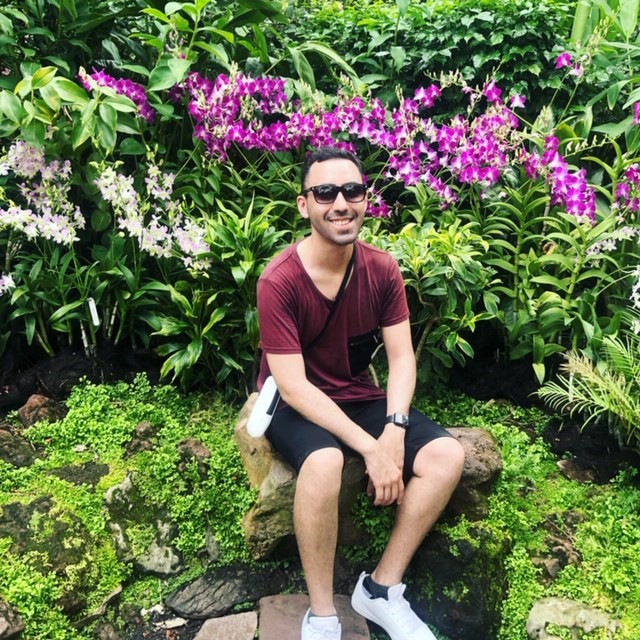Most students who study abroad tend to come from the liberal arts, fine arts, international relations, or business fields. I studied Nutritional Sciences, which falls under STEM (Science, Technology, Engineering, and Mathematics), a field that has traditionally been underrepresented in study abroad. In fact, the goal of the Gilman Scholarship Program is to broaden the student population that studies abroad by supporting financially in need students who have been historically underrepresented in education abroad, including students in STEM fields.
As a STEM major, it can be more challenging to figure out how studying abroad can directly apply to your career field, especially if your program is not specifically tailored for your major. This was my challenge when I studied abroad in South Korea in the summer of 2016 as part of an exchange program. The only classes that I could get credit for were electives and none of the internships offered by the university applied to my degree. As much I wanted to travel to South Korea for personal reasons, I also wanted to ensure that my study abroad experience could benefit me professionally.
One day I received an email from my host university announcing that they were offering optional cultural immersion classes in either traditional Korean cuisine, music, or sport, but that space was very limited. I signed up within seconds. I ended up taking a 3 week class at the Korean Cuisine Culture Center learning about the history and preparation of traditional Korean cuisine. The instructor would give a presentation about the background of the dish and ingredients for the day, and then we would prepare the dish and eat together as a class. I even got a fancy certificate of completion!

Galbi, omija tea, and japchae 
Last day of class with my instructor!
I am currently in graduate school studying to become a registered dietitian. As a dietitian, I have to be knowledgeable about cuisines from many cultures in order to properly care for patients and clients from diverse backgrounds. Unfortunately, this is not emphasized in many dietetics programs and there has been a push in the profession to increase the cultural competency of practitioners. You can only imagine my surprise this past May when I saw that the professional dietitian association in my area was hosting a Korean cooking class for its members. I contacted the host of the event and informed them that I had not only studied abroad in South Korea but also completed a cooking class there. I was invited to create a presentation for the event sharing what I had learned about traditional and modern Korean cuisine, eating and dining practices, foreign influences in their food culture, and prevalent chronic diseases. At the end I answered questions from the dietitians in attendance, many of whom had little prior exposure to Korean cuisine. I was grateful to be able to share my experience with other professionals while helping to promote cultural awareness and understanding in my field.

If you are also a student looking to study abroad but are not sure how to relate it to your major, I would encourage you to seek experiences outside of your classes to supplement your experience. Talk to your host university to see if they offer any clubs or excursions that apply to your field, or go out into the community on your own and take a class, attend an event, or volunteer with a local organization. Even if your time abroad passes and you are still feeling unaccomplished, you can rest assured because just having international experience is valued by many employers. In fact, the Gilman Program offers workshops for all Gilman alumni regarding how to professionally market the skills you gain by studying abroad, so watch out for those announcements in your email or on Gilman’s social media!










You must be logged in to post a comment.